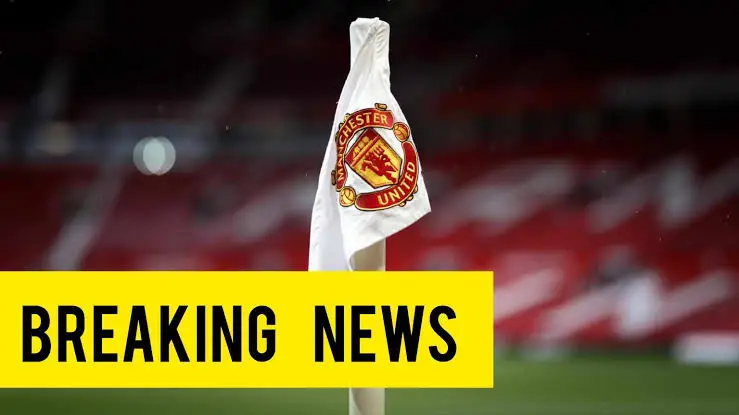The recent claim that FIFA has granted Manchester United a Champions League spot despite their dismal 16th-place finish in the Premier League is entirely fictional and logically impossible under the current structure of football governance.
While the story has stirred up plenty of reactions online, it holds no factual basis and contradicts fundamental rules that govern European competitions.
To begin with, FIFA has no authority over the UEFA Champions League. This elite club competition is organized by UEFA, the governing body for football in Europe.
FIFA oversees global tournaments like the World Cup and plays no role in deciding which clubs enter UEFA events.
The structure for Champions League qualification is clearly outlined and universally followed across all member associations.
In England, for example, clubs gain entry into the Champions League based on their position in the Premier League table, typically the top four teams, though occasionally the fifth may qualify depending on UEFA coefficients.
Additionally, winning the UEFA Europa League provides a separate path into the Champions League.
A team finishing 16th in the Premier League has zero legitimate route into the competition under any current rule or precedent—unless they had won a UEFA tournament in the previous season, which Manchester United did not.
The false narrative suggests that Manchester United was selected due to its vast global fanbase, brand recognition, and commercial clout.
While it is true that the club remains one of the most valuable and well-known in the world, UEFA competitions are grounded in sporting merit, not marketability.
Allowing a team to bypass competitive qualification purely because of its popularity would undermine the entire credibility of the tournament.
Such a move would spark outrage among clubs, fans, and football purists alike.
Had this scenario been real, it would cause massive upheaval. Rightfully qualified clubs such as Aston Villa, Tottenham, or any other top-performing teams would likely pursue legal action.
Fans from across Europe would erupt in protest, likening the decision to the controversial European Super League proposal, which was ultimately shut down due to widespread backlash. The very integrity of football would be called into question.
In truth, this claim likely originated from a satirical blog post, a parody, or an exaggerated fan theory.
Similar stories sometimes gain traction during times of poor club performance or transfer speculation, especially when big-name teams underperform and supporters look for hopeful narratives.
To set the record straight: Manchester United must earn their place in the Champions League, either by finishing in a top domestic spot or winning a European trophy.
No amount of brand value or commercial power can bypass this requirement, and that’s how it should be to preserve the fairness and competitive spirit of football.
If you’re interested, I can share genuine updates on United’s progress and their real path toward European football next season.
